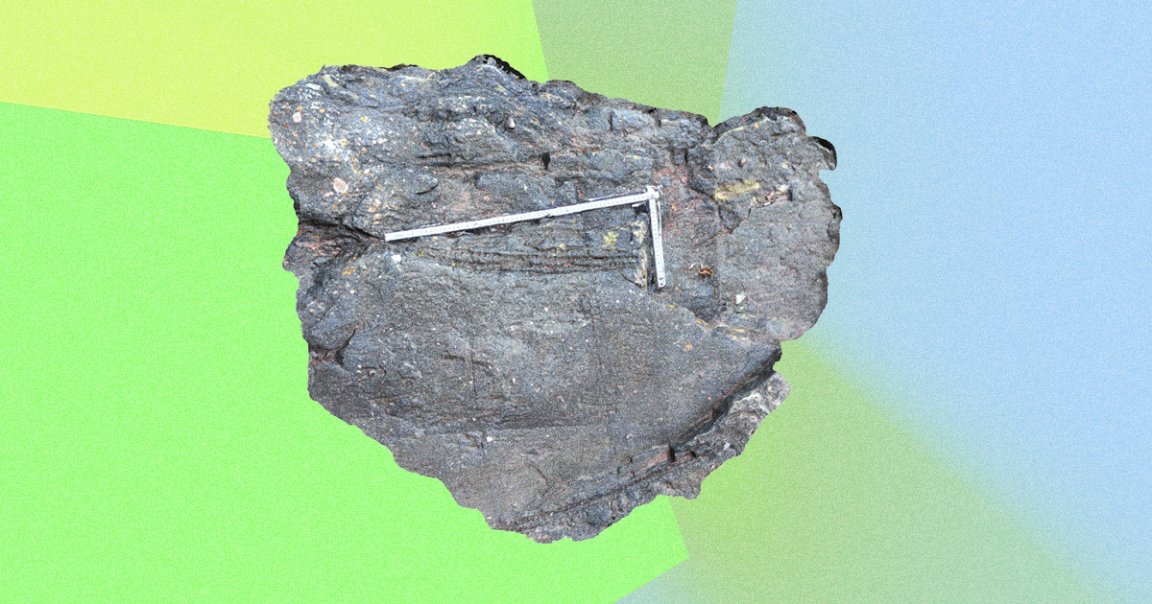
Strange New World
In a picturesque corner of England, along dramatic sandstone cliffs, researchers from the Universities of Cambridge and Cardiff have uncovered a wondrous discovery: 390-million-year-old fossilized remains of the oldest forest ever found.
Tantalizingly, this forest is unlike anything you could see in today’s natural environment. As detailed in a new paper in the Journal of Geological Study, the trees — which look like giant 13-foot thistles — are considered some of the first to appear in our planet’s long history.
Another notable feature about these trees, known as Calamophyton, is that they had hollow trunks and were composed of smaller, multiple trunk-like strands ringing the hollow. The smaller trees would expand and eventually grow so thick and big that the entire structure would split apart.
“This was a pretty weird forest — not like any forest you would see today,” said Cambridge Earth Sciences professor and the paper’s first author Neil Davies in a statement. “There wasn’t any undergrowth to speak of and grass hadn’t yet appeared, but there were lots of twigs dropped by these densely-packed trees, which had a big effect on the landscape.”
Epic Find
Researchers found the ancient forest in South West England, specifically on the coast of Devon and Somerset counties. Fossilized remains include logs, branches, stumps and other traces of these prototype trees.
The forest grew in the pivotal Devonian Period, approximately 359 to 419 million years ago, which was a remarkable time in Earth’s history that saw the establishment of the first land animals and the first plants to reproduce by seeds.
The discovery adds further understanding to how the first forests shaped the land, the researchers explained. Shed branches from these trees helped build up sediment over the years and which in turn impacted the course of ancient rivers.
“The Devonian period fundamentally changed life on Earth,” said Davies. “It also changed how water and land interacted with each other, since trees and other plants helped stabilize sediment through their root systems, but little is known about the very earliest forests.”
More on fossils: Amazing Fossil Froze Dinosaur in Death Match With Prehistoric Monster